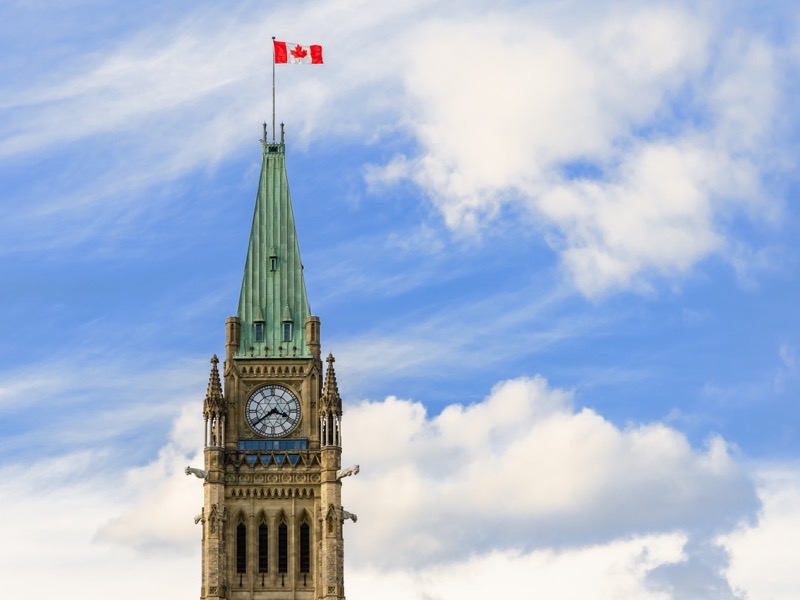
The Canada Revenue Agency (CRA) will prepare pre-filled tax returns for more low-income people with simple tax situations to ensure they get access to benefit programs, Prime Minister Mark Carney said Friday.
He said millions of lower-income Canadians don’t file their taxes and “too often” that means those who need benefits the most don’t get them.
Carney and Finance Minister François-Philippe Champagne held a press conference at a recreation centre in an Ottawa suburb Friday to preview programs in the upcoming federal budget, which is being introduced on Nov. 4.
The CRA already runs an automatic filing pilot program, something the Trudeau government first announced in 2023.
The agency was tasked with developing a plan to expand the service after gathering feedback from an advisory group and consulting with community organizations and tax professionals.
“We already have the technology,” Champagne said Friday. “It’s about ramping up, scaling up.”
Champagne also acknowledged the CRA has been struggling to meet its service standards. Champagne directed the agency to launch a 100-day improvement plan in September, after it was revealed CRA call centres were answering only 35% of calls over the summer.
Its latest data says 84% of calls were answered in the last week of September.
“From the agency perspective, it’s going to demand us that we step up,” Champagne said.
The automatic benefit program will be rolled out in the 2026 tax year.
Carney said it will cover up to 5.5 million people by the 2028 tax year, paying out “hundreds of millions of dollars in benefits in the next few years that would otherwise be left unclaimed.”
Carney also said the government will make the national school food program permanent with $216 million in annual funding.
The program was created by the Trudeau government with $1 billion in funding over five years, beginning in the 2024–25 school year. Its initial target was to feed 400,000 kids each year.
The Carney government is now promising permanent funding beginning in 2029.
It’s also reviving the “Canada Strong pass” for the holiday season and next summer.
That program, which was part of the Liberals’ election platform and was launched last summer, offers free admission to parks and national museums and discounts for young adults travelling on Via Rail.
The government said visits to museums, parks and historic sites were up by an average of 15% over the summer.
Champagne pegged the cost of the Canada Strong pass at around $100 million.
Carney plans to divide the federal budget into capital and operational spending streams, with an aim of balancing the government’s operating budget by 2028–29.
The government is widely expected to run a steeper deficit this year, largely due to an increase in capital spending.
The finance minister has directed his colleagues to find savings in their departments.
Carney said Friday the budget will require “responsible and pragmatic choices” that spend less on government operations.
He also said the programs announced on Friday all fall on the operational side of the budget.
“The benefits that we are protecting, the Canada child benefit, the disability benefit, the other benefits — we are going to make the responsible pragmatic choices as a government, led by the minister of finance, in this budget to ensure that we have those programs, not just today, but for tomorrow and for the future,” he said.